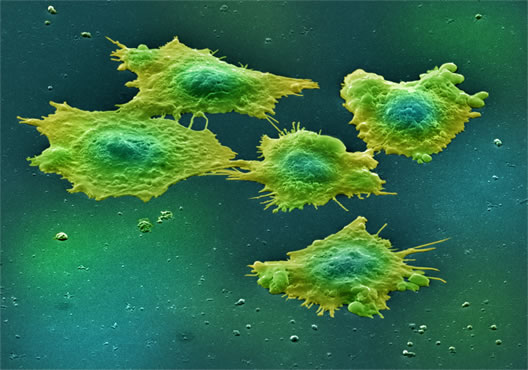
When she races, Grace Ragland says she primarily competes against an opponent she’s battled most of her life: multiple sclerosis.
At this weekend’s Sea Otter Classic, the 50-year old Ragland had a plan as she took on some of the best female cyclists in the nation.
“I’m going to leave MS in the dust,” she said with a laugh.
The Alabama native said symptoms of the disease first showed up when she was just 10 years old in the form of headaches and a condition known as optic neuritis in her right eye.
her childhood also was marked by numbness and tingling — “like feeling ice dripping on you,” she said — heat sensitivity, fatigue and weakness on the right side of her body.
Still 10, she underwent a week of intense testing at Vanderbilt Children’s Hospital, an ordeal made easier, she says, by some guidance from her mother.
“I had a mother who was fun, positive and extremely manipulative,” she said. “What she told me was, ‘We’re going to make the best of this: You’re going to make a lot of new friends. There will be a lot of sick children there, and you’re going to try to make them happy, make them feel good about themselves, and be strong.’”
and that’s the way she was raised, Ragland says. “I pretty much haven’t changed, because I don’t know any other way to think.”
Indeed, she wasn’t actually diagnosed with multiple sclerosis until she turned 18. The news came six months after her father died.
“For most people, the diagnosis is devastating, but it wasn’t for me,” she said. “My dad passed away from cancer, and I always thought I had cancer, too. So when they told me I had MS, it was actually a relief.”
Ragland began riding mountain bikes in 1992 near her Huntsville home, discovered she had a talent, and, at a friend’s urging, became a competitive racer four years ago.
In addition to her second-place national performance a year ago, she stood on the podium in various other races, earning a second-place overall ranking in the open division of the Southeastern Racing Conference.
“A lot of times, after a race, somebody will say, ‘Wow, how old are you?’” she said. “And I’ll tell them I’m 50, and then I’ll say, ‘But that’s nothing — I also have MS.’”
for the second year in a row, Ragland also made it to the finish line of the Leadville 100, a grueling 100-mile race through Colorado’s Rocky Mountains at 10,152 feet above sea level. She’ll return this year with a goal of cutting 25 minutes off her time, finishing in less than 12 hours, and earning the coveted Leadville 100 buckle.
her success has earned her the backing of Copaxone, the medication she takes once a day to control her disease.
“I take a daily injection of Copaxone, I watch my diet intensely, and I exercise, which is a no-brainer if I want to stay healthy, or win, or excel at whatever I’m doing,” she said. “Copaxone actually has assembled an 11-person team of elite athletes who compete with MS. we have an equestrian, a golf pro, a snowmobile racer, a triathlete, a boat racer …
“All of us have like minds — we’re not letting multiple sclerosis get in our way,” she added.
A self-employed seamstress, Ragland feels fortunate that she doesn’t have to punch a clock. That not only enables her to train five days a week, but it also helps her through her bad days.
“For me, a bad day with MS is like living in a fishbowl,” she said. “Your head is going mwaah, mwaah, mwaah. You’re foggy and hazy. you can’t think, you can’t talk. Sometimes it helps if I can take a nap. People often don’t understand why I’m sitting in a corner, just listening, saying nothing, but it’s better if I don’t talk because nothing comes out right. The cognitive part is probably what bothers me the most.”
The key, she said, is to maintain control of the disease, rather than allowing the disease to control her.
“That applies to any disease or disability,” she said. “You can’t let it control you.”
Dennis Taylor can be reached at or 646-4344.